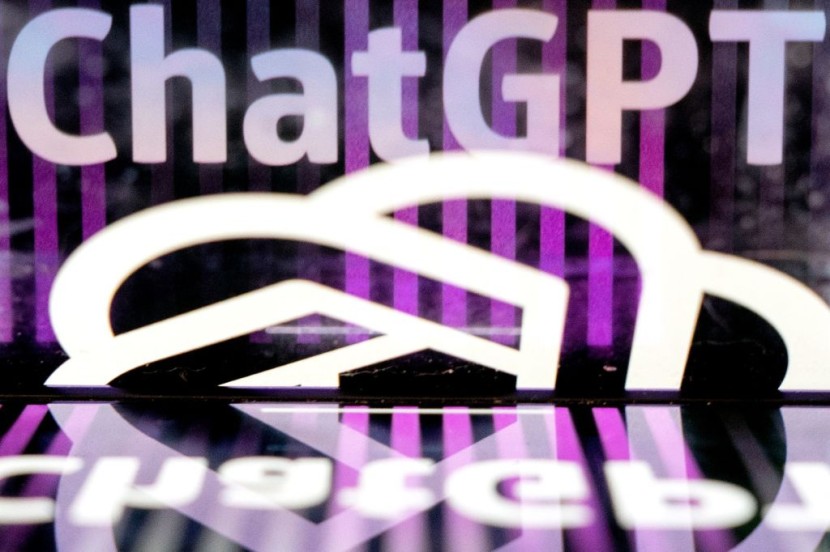ChatGPT and other generative AI models have been criticized ever since they became popular.

This is because of the risks they pose, such as disinformation. Now, two psychology professors shared their concerns about the risk of these AIs promoting science denial.
Here's what Gale Sinatra, a University of Southern California psychology professor, and Barbara K. Hofer, a Middlebury College psychology professor, shared.
Will ChatGPT, Other AIs Promote Science Denial?
Kofer and Sinatra shared their insights about the risk of ChatGPT when it comes to promoting science denial.

Via Gizmodo's latest report, the two psychology professors explained that people were mainly using Google Search to answer their questions about nuclear energy safety, climate change, and other science topics.
However, this scenario already changed ever since generative AI tools arrived. They said that people now have the option to answer their scientific questions through ChatGPT and other AI models.
Many users prefer using these artificial intelligence tools since they no longer need to check articles and other online sources. However, Gale and Barbara explained that ChatGPT doesn't search the internet the way Google Search does.
Instead, ChatGPT and other AI tools tend to predict likely word combinations from the mixture of available online information. Because of this technique, the likes of ChatGPT tend to produce inaccurate answers, as claimed by the two psychology experts.
How AIs Can Lead To Science Denial
Kofer and Sinatra said provided the things that ChatGPT and other AI models can do to promote science denial. These include the following:
- Spreading disinformation internationally.
- Providing incorrect or misleading information.
- Offering made-up sources for its answers.
- Insufficient guardrails implemented by AI companies.
- AIs can negatively affect epistemic trust; the process of trusting knowledge from other people.
These are just some of the reasons why ChatGPT and other AI models could promote science denial.
If you want to learn more about this, you can check the official book of Barbara and Gale titled "Science Denial: Why It Happens and What to Do About It," which was published in the Oxford University Academic Journal.
Related Article : TikTok Owner Tests New AI-Powered Chatbot Called 'Grace'








